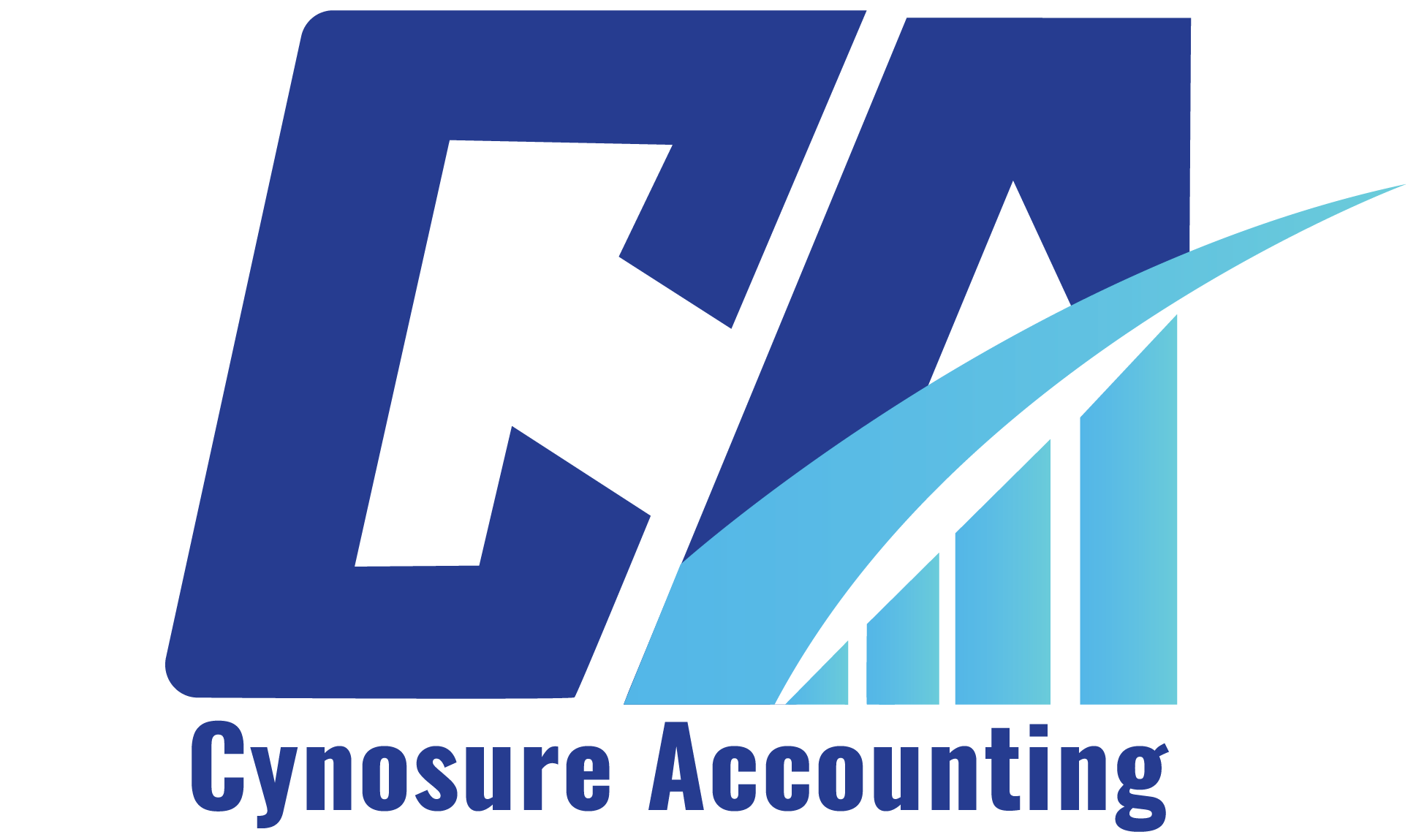Ecommerce & online business bookkeeping face unique challenges when it comes to managing finances. With online stores operating across multiple platforms such as Shopify, Amazon, and PayPal, the complexity of financial transactions grows exponentially. Maintaining accurate books is crucial for compliance, profitability, and overall business success. This article covers best practices for cleaning up your ecommerce bookkeeping to ensure your business is financially sound and ready for tax season.
Best Practices for Ecommerce & Online Business Bookkeeping
1. Use the Right Accounting Software
Investing in accounting software designed for ecommerce & online business bookkeeping is crucial for simplifying bookkeeping tasks. Platforms like Xero, QuickBooks, and Shopify’s accounting integration can help streamline financial processes. These tools provide detailed financial reporting, helping you track sales, expenses, taxes, and inventory.
Key Features to Look for in Accounting Software
- Integration with Ecommerce Platforms: Choose software that integrates seamlessly with your online store, whether it’s Shopify, Amazon, or other platforms.
- Automated Financial Reports: Look for software that can generate financial statements, income statements, and balance sheets automatically.
- Inventory Management Integration: Ensure the software can track stock levels and help calculate COGS accurately.
2. Clean Up Your Financial Transactions
At the start of every financial year (or whenever you’re cleaning up your books), take time to review your financial transactions. This includes:
- Checking all incoming payments: Ensure that all customer payments, whether via PayPal, credit cards, or other methods, have been correctly recorded.
- Reconciliation: Regularly reconcile your bank and payment processor accounts to ensure all deposits and withdrawals match your bookkeeping records.
- Reviewing fees: Ecommerce platforms like Shopify and Amazon charge various fees. Review these to ensure you’re accounting for them correctly.
3. Stay On Top of Sales Tax
Sales tax for ecommerce & online business bookkeeping can be complicated, especially if you’re selling across state or national lines. Make sure you:
- Understand Tax Laws: Know the tax rates in the regions where you operate, and ensure you’re charging and remitting taxes properly.
- Track Taxable and Non-Taxable Items: Not all products are subject to sales tax. Be sure your accounting software distinguishes between taxable and non-taxable items.
- Keep Detailed Records: Document all sales tax collected and remitted for future reference or audits.
4. Maintain Accurate Inventory Records
Inventory tracking is a critical part of ecommerce bookkeeping. It impacts your COGS and ultimately your profitability. Make sure you’re:
- Using FIFO or LIFO: FIFO (First In, First Out) and LIFO (Last In, First Out) are two methods of inventory valuation. FIFO assumes the oldest inventory is sold first, while LIFO assumes the most recent inventory is sold first.
- Tracking Inventory Changes: Regularly update your stock levels to prevent discrepancies.
- Accounting for Returns and Damaged Goods: Make sure to adjust your inventory and financial records to account for product returns or damages.
How to Clean Up Your Ecommerce & Online Business Bookkeeping
1. Organize Financial Documents
Start by organizing your receipts, invoices, and financial documents. These include:
- Sales receipts
- Payment processor statements (PayPal, Stripe, etc.)
- Invoices from suppliers
- Tax documents
- Business expense records
2. Reconcile Bank Accounts
Ensure that all transactions in your bank and payment accounts are correctly reflected in your accounting software. This will help you catch errors and identify missing payments or fees.
3. Review and Update Your Financial Statements
Accurate financial statements are essential for tracking the health of your ecommerce business. Review the following:
- Balance Sheet: A snapshot of your business’s assets, liabilities, and equity.
- Income Statement: Shows revenue, costs, and profits over a specific period.
- Statement of Cash Flows: Tracks the inflow and outflow of cash to understand liquidity.
4. Correct Any Discrepancies
Go through your bookkeeping records and look for any discrepancies or errors. This could include incorrect payment amounts, unaccounted expenses, or unrecorded sales tax.
5. Consult a Professional
If your bookkeeping is particularly complex or you’re struggling to clean up your finances, it may be worth consulting with a professional bookkeeper or accountant. A professional can ensure that everything is in order and help with tax filing and other financial services.
How Ecommerce Bookkeeping Helps Your Business
1. Better Cash Flow Management
Proper bookkeeping ensures you have a clear picture of your cash flow. By tracking all financial transactions, you can better manage cash reserves, plan for big expenses, and avoid running into financial trouble.
2. Improved Tax Compliance
Keeping your books organized ensures you’re always prepared for tax season. It also reduces the risk of audits, as everything is well-documented and in compliance with tax regulations.
3. Greater Profitability and Revenue Tracking
With accurate records, you can identify which products are performing well and which ones are underperforming. This insight helps optimize your product offerings and boost overall profitability.
4. Streamlined Financial Reporting
Bookkeeping software generates financial statements that give you a clear overview of your business’s performance. These reports are useful for making informed decisions and managing long-term business growth.
Ecommerce & online business bookkeeping is a fundamental part of running a successful online business. By staying on top of inventory, expenses, taxes, and financial transactions, you can ensure your business is financially healthy and ready for future growth. Whether you’re just starting out or need to clean up your books, following these best practices can help you stay compliant, track profitability, and optimize cash flow. Keep your financial records organized, use reliable accounting software, and consult professionals when necessary to maintain a well-run online store.
By committing to good bookkeeping habits, your ecommerce business will be better positioned for success in a competitive marketplace.

